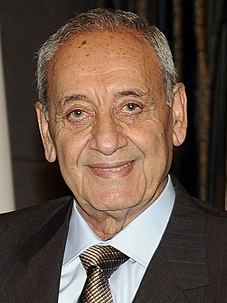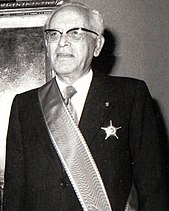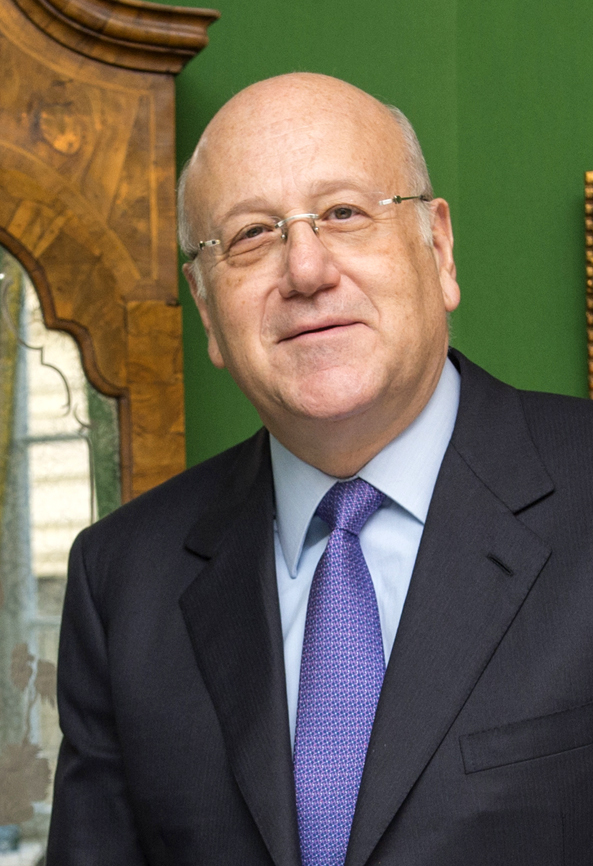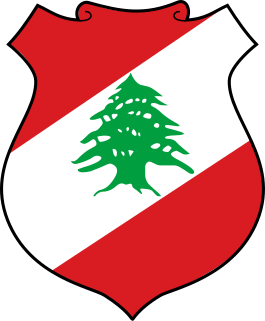Lebanon is a semi-presidential parliamentary democratic republic within the overall framework of confessionalism, a form of consociationalism in which the highest offices are proportionately reserved for representatives from certain religious communities. The constitution grants the people the right to change their government. However, from the mid-1970s until the parliamentary elections in 1992, civil war precluded the exercise of political rights. According to the constitution, direct elections must be held for the parliament every 4 years but after the parliamentary election in 2009 another election was not held until 2018. The Parliament, in turn, elects a President every 6 years to a single term. The President is not eligible for re-election. The last presidential election was in 2016. The president and parliament choose the Prime Minister. Political parties may be formed; most are based on sectarian interests. 2008 saw a new twist to Lebanese politics when the Doha Agreement set a new trend where the opposition is allowed a veto power in the Lebanese Council of Ministers and confirmed religious Confessionalism in the distribution of political power. The Economist Intelligence Unit classified Lebanon as a "hybrid regime" in 2016.

The Lebanese Phalanges Party, better known in English as the Phalange, is a Christian Democratic political party in Lebanon. Despite being officially secular, it is supported mainly by Maronite Catholics. The party played a major role in the Lebanese Civil War (1975–90). In decline in the late 1980s and 1990s, the party slowly re-emerged in the early 2000s. It is now part of the March 14 Alliance.

Nabih Berri is a Lebanese politician who has been the Speaker of the Parliament of Lebanon since 1992. He heads the Amal Movement.

The State of Greater Lebanon was a state declared on 1 September 1920, which became the Lebanese Republic in May 1926, and is the predecessor of modern Lebanon.
Elections in Lebanon are allotted to occur every four years. Every citizen is allowed to vote, but the positions are constitutionally allocated by religious affiliation. In 2014, the Parliament failed to elect a president and extended its own term.
Dory Chamoun is a Lebanese politician who leads the National Liberal Party (NLP), and is also a prominent member of the Qornet Shehwan Gathering, a coalition of politicians, academics, and businessmen who oppose the pro-Syrian March 8 Alliance and Syrian influence in Lebanon. He is the eldest son of late Lebanese president Camille Chamoun and brother of Dany Chamoun.

Suleiman Kabalan Frangieh, last name also spelled Frangié,Franjieh, or Franjiyeh, was a Lebanese Maronite politician, President of Lebanon from 1970 to 1976.

The Free Patriotic Movement (FPM), also known as the Aounist party, is a Lebanese political party, led by Gebran Bassil. It is the largest party in the Lebanese parliament. Its parliamentary coalition, the Strong Lebanon Bloc has 29 out of the 128 seats in parliament.

The Lebanese Communist Party – LCP or Parti communiste libanais (PCL) in French, is a communist party in Lebanon. It was founded in 1924 by the Lebanese intellectual, writer and reporter Youssef Ibrahim Yazbek and Fou'ad al-Shmeli, a tobacco worker from Bikfaya.

The Lebanese Forces is a Lebanese Christian based political party and former militia during the Lebanese Civil War. It currently holds fifteen of the 64 Christian seats in Lebanon's parliament and is therefore the second largest Christian party in parliament

Télé Liban (TL) is the first Lebanese public television network, owned by the Lebanese government. TL is the current Lebanese member of the European Broadcasting Union (EBU).
Rachid Solh was a Lebanese politician and former Prime Minister, kin of one of the most eminent Sunni Muslim families in the country that brought several of its members to the office of Prime Ministers, and that was originally from Sidon but later moved its civil-records to Beirut.

The Toilers League or Ligue des Travailleurs (LT) in French, is a Lebanese left-wing political party founded in Lebanon at the late 1960s and currently led by former Chouf MP Zaher el-Khatib.
The Maronite League – ML or Ligue Maronite in French is a private, non-profit and apolitical organization of Lebanese Christian maronite notables, dedicated mainly to defend the independence and sovereignty of Lebanon in the cadre of a democratic and pluralistic society. The President of the Maronite league is the highest Maronite authority in Lebanon after the President of the republic and is legit to talk in the name of the entire Maronite community of Lebanon. The Maronite League is also the political wing of Bkerke, the patriarchal authority in Lebanon. The current President of the Maronite league is the former President of the Lebanese Bar Association, Lawyer Antoine Klimos, elected in March 2016 in Beirut.
Habib Sadek is a former member of the Lebanese parliament, a poet and writer. He is the president of the Conseil Culturel Liban Sud. He was known as a Marxist, a supporter of the political and economic theories of Karl Marx and Friedrich Engels.

Najib Azmi Mikati is a Lebanese politician who served twice as the Prime Minister of Lebanon. From April 2005 to July 2005 he was Prime Minister of Lebanon in a caretaker government. On 25 January 2011, he was nominated to serve as Prime Minister by a majority of the votes in the parliamentary consultations following the 12 January fall of the Lebanese government of November 2009. The government was formed on 13 June 2011, after many delays. On 22 March 2013, Mikati submitted his resignation from office, which Lebanese president Michel Suleiman accepted on 23 March 2013.
Voting to elect three members of the Lebanese parliament took place in the Zgharta District in northern Lebanon in 1968, part of the national general election of that year. All of the seats of the constituency were earmarked for the Maronite community. Zgharta District had 35,099 eligible voters, out of whom 13,412 voted.

The Council of Ministers of Lebanon is the executive body of the Republic of Lebanon. Its president is the Prime Minister of Lebanon, and it appointed by the President of Lebanon with confirmation of the Parliament of Lebanon. It is generally equally composed of Muslims and Christians. The Council of Ministers is considered to be the "government" of Lebanon by the Constitution.













